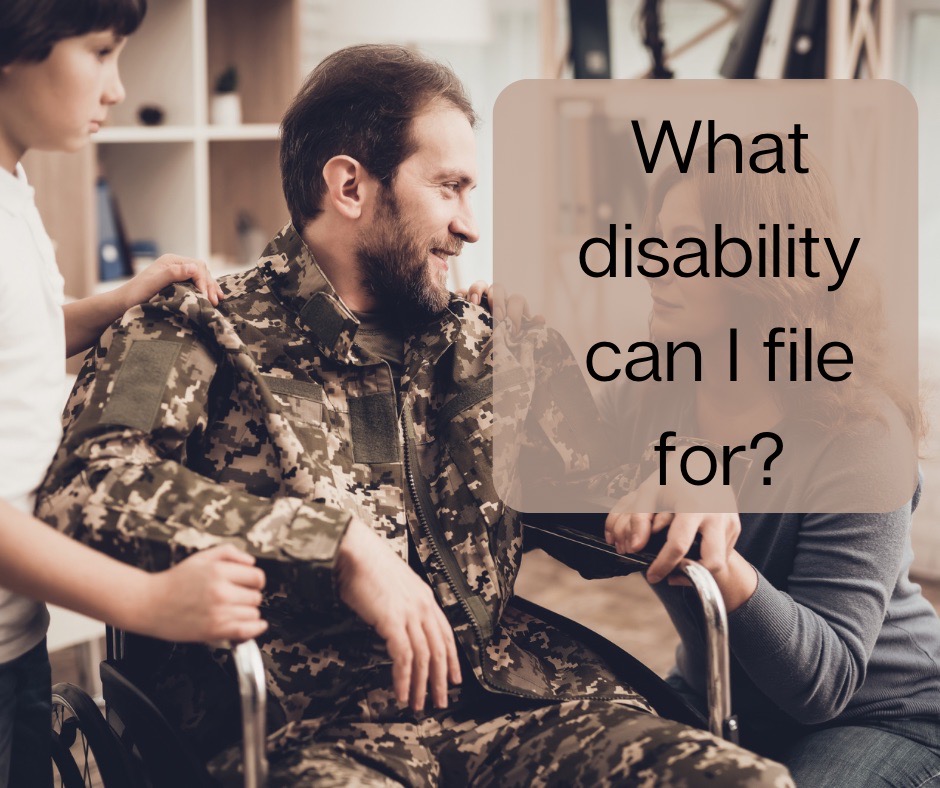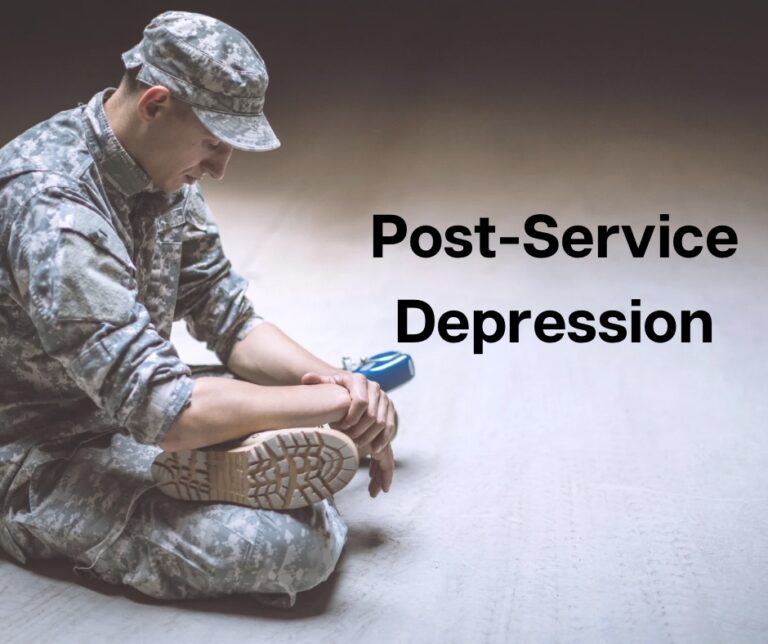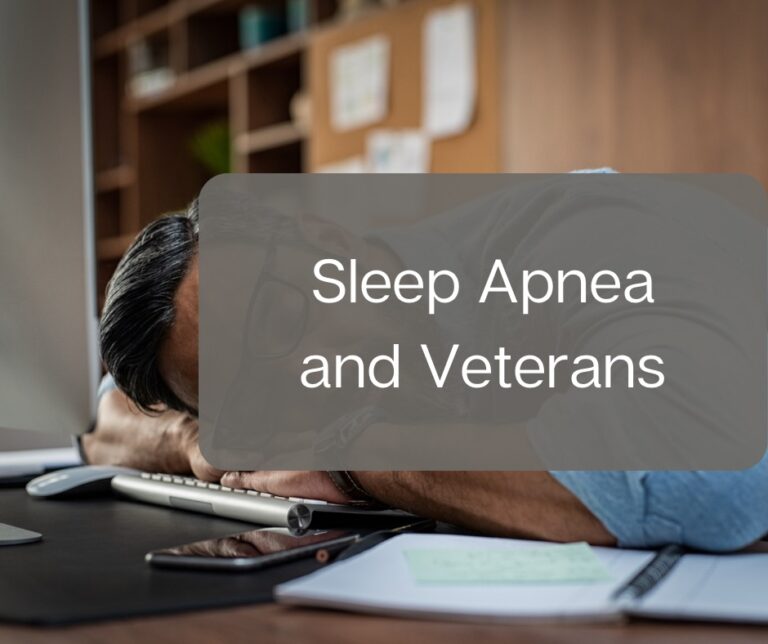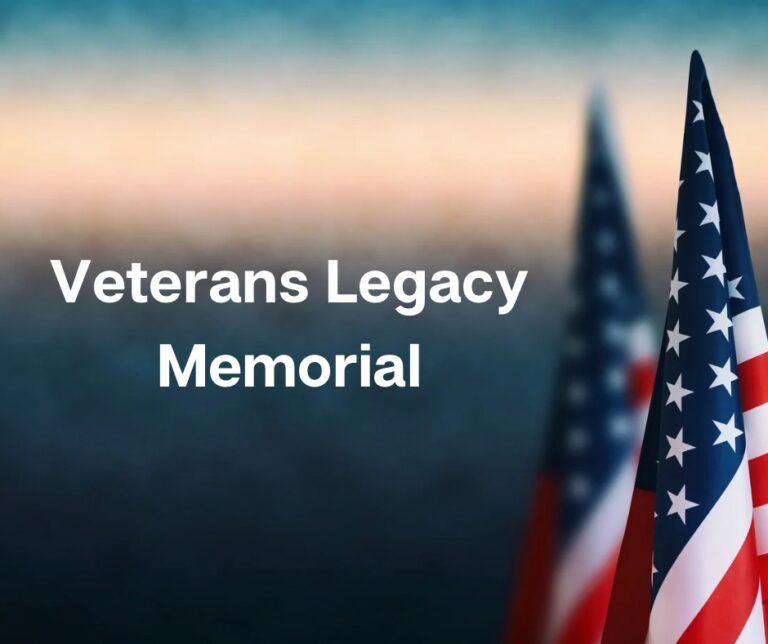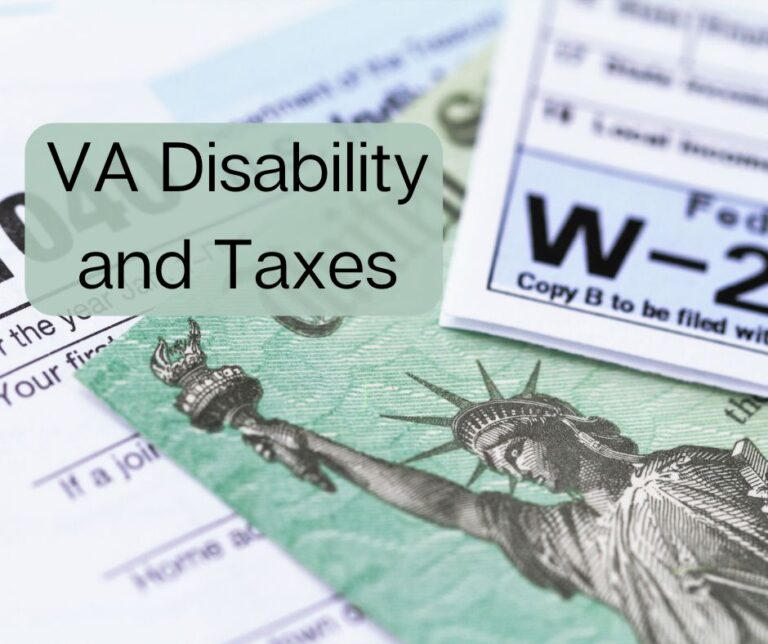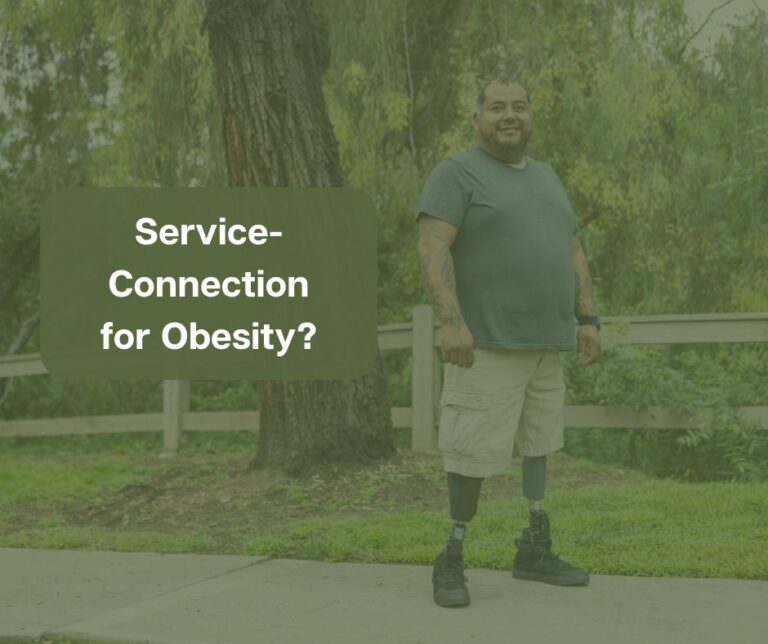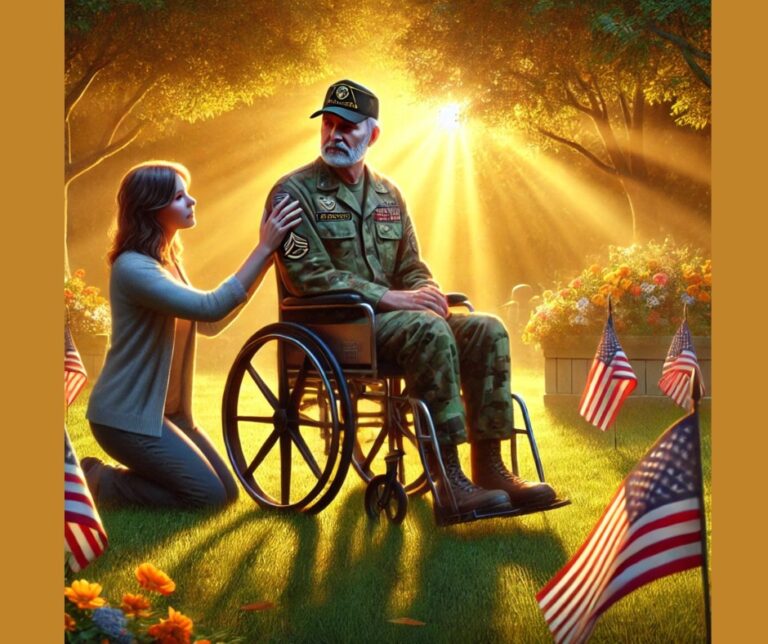What Disability Can I File For?
What can I file for? We hear this a lot. Veterans will walk in with a stack of medical records, lay them on one of our desks, and ask what they can file for. Other times they walk in with nothing and simply ask what they can file. In this article we look at why this approach is a bad idea and, in most instances, will just result in frustration for both the Veteran and the Veteran Service Officer (VSO). Don’t get me wrong. We are more than happy to discuss the various ideas that a Veteran may have of what they want to file for. We can make some recommendations based on what they tell us, help to steer them in the best direction from what we have seen in the past. But, in the end the Veteran must be the one to decide what disability they will claim.
This article may sound like a rant, but it’s an attempt to let Veterans know what they need when they come in to see a Veteran Service Officer. Many come in without knowing what they need or what we will expect of them in filing the claim. The two key things to take away from this article is that the VA Claim is the Veterans claim, and it is dealing with their health. Therefore, they need to be the ones to drive the conversation about what issues to file for.
There are two main reasons for a Veteran to understand what disability they are going to file for before they ever walk into the office of a Veteran Service Office. These two reasons revolve around the fact that it is their VA Claim and it deals with their health. We will examine this in detail below to understand why the VSO or any other representative is not the best person to make a decision what disability a Veteran should file for.
It Is Your VA Claim
That is the bottom line. It isn’t the VA’s claim. It’s not the VSO’s claim. It is your claim that you are filing.
No one will care about it more than you.
Here is the simple truth of the matter. In the end, it is your claim. No one is going to care more about it than you will. Most VSOs are working on dozens of VA Claims at a time. These may be disability claims, appeals, or pensions. They will give your claim 100% attention and the care that it deserves, but they do the same to all of the other claims they are working on also. If the VA has attempted to get paperwork from your outside providers and they have not provided the medical records, it is not up to your VSO to get them. It is your responsibility to gather them for your claim.
VSOs cannot care more than the client
We have seen VSOs burnout from trying to do too much. All types of Veterans come through our doors for help. Some are just needing to file for one or two problems that came up in service so they can get treatment at the VA. Some are homeless and in need. And you have Veterans from one end of the spectrum to the other.
We have run into a number who want help, but want the VSO to do everything for them. They want you to care more for their claim than they do. I had one Veteran who tried to tell me that a military base in the United States where he was stationed was storing Agent Orange and therefore he should be eligible for the same presumptive list that Vietnam Veterans were. When I asked him for proof, he said he didn’t have it and I could probably do some research and find it. That is when I told him that if he wanted me to help him file a claim like that, he would have to do the research and bring me proof. Veterans, not VSOs, have to care about their claim more than anyone else and must be passionate about it.
It is Your Health
The second major reason that a Veteran must understand what they are filing for is simply this; it is their health they are talking about.
What is your disability?
Here is a question we are faced with many times. You ask a Veteran who is filing a new claim what they are filing for and they look at you with a blank face and say ‘I don’t know, I thought you could tell me.” I have had to coach Veterans to think back two years to their service and then consider if there was any incident in their military service where they were injured. Remember from past articles, there are three requirements for a successful claim for VA Disability:
- Current Diagnosis of illness or injury
- Incident in Service
- Nexus – Way to connect the two
If there was no incident in service, it is highly doubtful that there will be a claim to file. In the same manner, if there is no illness or injury, there is no claim. And the only person who will know if there was an incident in service will be the Veteran themselves. The only one who will know their medical history since leaving service will be the Veteran. The VSO has no knowledge of this. So the only one who has the answer to what to file for will be the Veteran.
What is your diagnosis?
Speaking of the three requirements, a diagnosis is needed. That bears repeating. You need a diagnosis of your current disability in order to submit a successful claim for a VA Disability. That doesn’t mean a pain in your left knee that you have had for the past three years which you think may be from doing PT in the Army from 2012 – 2015. That is not a diagnosis.
The VSO is not a Doctor
Finally, this is a question that also comes up many times. Veterans will ask about their injuries or illness and ask what they can file as secondary conditions. The question is not what they can file as secondary conditions. The actual question should be if the Veteran has any conditions, illness or injury that has been diagnosed and, if so, could it be secondary to a service connected disability. And the only person who can make that determination is a medical doctor, not a VSO or a rater.
So in the end, how do you know what you file for? If you have only been out of Service for a few years, take a look at your exit medical physical. There should be a listing of all of your medical conditions in your medical files. Look through that listing and see which one of those illnesses or injuries left lasting symptoms. Those are the disabilities which a Veteran should file for with the VA.
If you have been out for many years, you will need to work with your doctor to decide if your disabilities may be related to your military service. Even if you both believe they were, Service-connection may be difficult to prove if medical attention has not been continually sought for the condition. An accredited VSO should be sought for advice in such situations.
So there you are. Remember, it’s your claim. No one will care more about it than you. Assist the VSO in any way you can and above all, be patient. No claims are decided quickly.
As always, if you have any comments or questions, feel free to email us at info@nwavet.org.
God Bless,
from NWAVet

